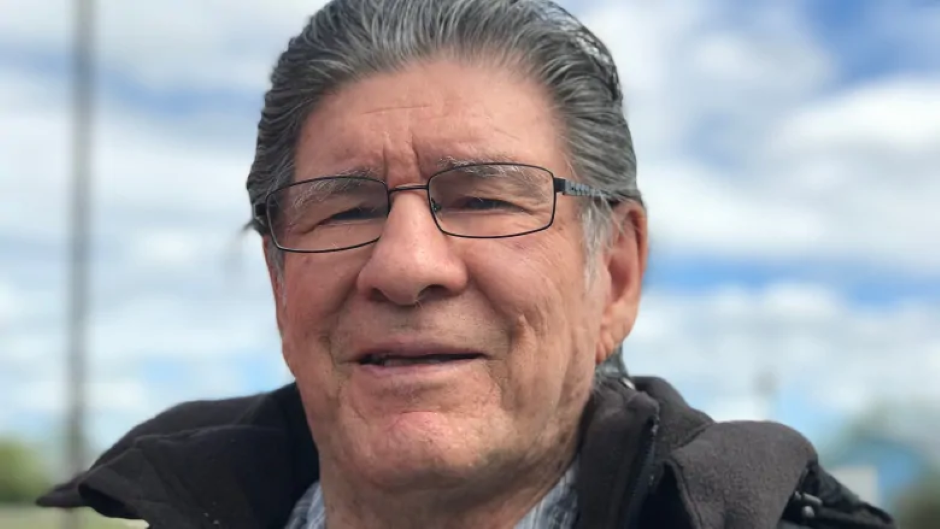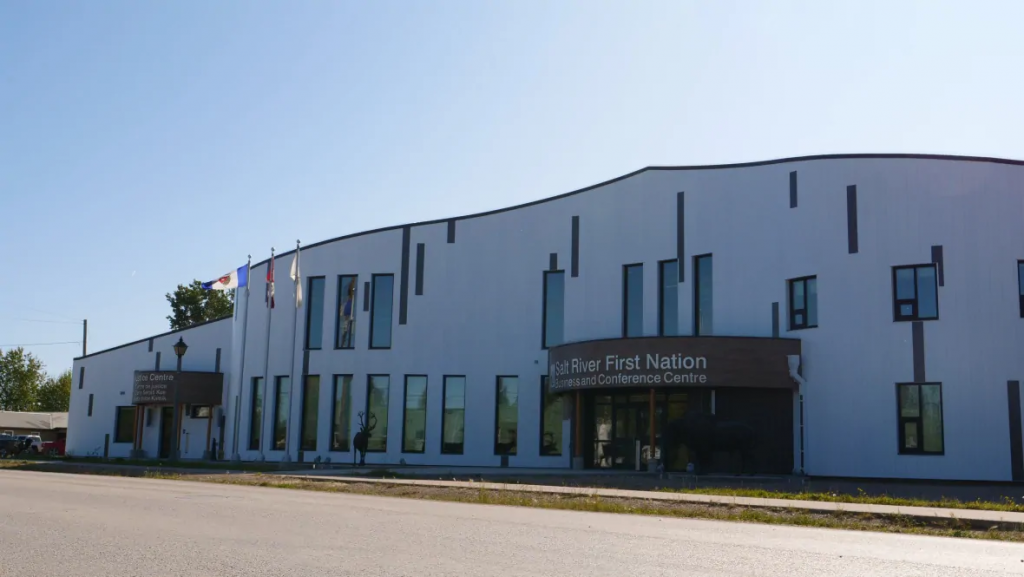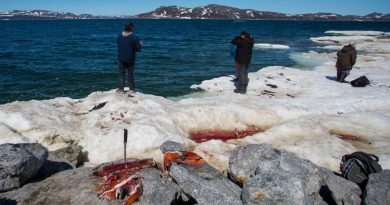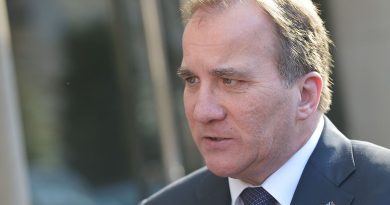Indigenous chief pushes Canadian federal government for $16M infrastructure project

The chief of Salt River First Nation near Fort Smith, N.W.T., is pushing the federal government to approve an infrastructure project the nation has been trying to fund for over a decade.
Chief David Poitras said the First Nation has been in discussions with the federal government since 2010 about a $16.8-million sewage, water and housing project on reserve land — and no progress has been made.
“They are the ones looking for shovel-ready projects,” Poitras said, referring to the federal government. “We have a shovel-ready project, as soon as they give the word.”
Poitras estimates the project would create 39 houses on the reserve and would provide critical sewage and water services to several of the nation’s local businesses, including the local Tim Hortons and Petro-Canada gas station.
So far, there is no water or sewage infrastructure on the reserve, Poitras said. Salt River First Nation receives critical municipal services, like water deliveries and wastewater collection, from the town of Fort Smith.
The nation would be able to start right away on the sewer and water infrastructure whenever they receive funding. The rest would be built over a 10-year period, Poitras said.
Salt River First Nation is one of two federal reserves in the Northwest Territories.
CBC has contacted the federal Department of Crown-Indigenous Relations for comment. It said it was working on a response.
Funding issues date back to 2002
Chief Poitras said infrastructure funding issues date back to 2002, when Salt River First Nation signed a treaty settlement agreement with the federal and territorial governments. At the time, the three parties signed the agreement but maintained they would continue negotiating a section that dealt with infrastructure funding.
Poitras said these changes are still something being talked about today, which is stalling any progress on infrastructure projects.

“We haven’t been able to negotiate. We’ve only been having discussions that are going nowhere,” Poitras said.
The First Nation was able to open up a new $20-million office building in downtown Fort Smith last year — but only after taking a loan from the First Nations Finance Authority, which Poitras said his First Nation pays back on a monthly basis.
‘Just too long’
Norman Yakeleya, chief of the Dene Nation, used the situation in Salt River First Nation as an example of why all levels of government should be coming together to fund development projects in the territory’s Indigenous communities.
“[The federal government] is just a whole bureaucratic process that gets in the way of the people’s aspirations and their development of their well-being,” he told reporters at a press conference last week.

Ernie Daniels, the CEO of the First Nations Finance Authority, said Salt River is not the only First Nation in Canada that is having difficulty getting federal funding on reserve land. An infrastructure deficit exists across the country, he said.
“This is infrastructure in roads, water, schools, housing, you name it,” Daniels told CBC.
A 2016 report from the Canadian Council for Public-Private Partnerships determined the infrastructure deficit is between $25 to $30 billion.
Daniels said the First Nations Financial Authority is writing a proposal to the federal government to ask it to consider paying for infrastructure projects in small yearly fees, instead of lump sum “pay-as-you-go” amounts.
For example, Daniels said that would mean a $1 billion yearly investment would become $20 billion in the same number of years.
“If they start with Salt River, it will be eligible for everyone across the country,” Daniels said.
Related stories around the North:
Canada: $1-million for Indigenous men’s mental health in Manitoba, Canada, Eye on the Arctic
Finland: Arctic railway dream fades away as Sami herders signal ‘veto’, Eye on the Arctic special report
Russia: Authorities in northwest Russia move to protect wild reindeer, The Independent Barents Observer
Sweden: Sami indigenous village wins historic land use case over Swedish state, Radio Sweden
United States: US Senate passes bill with funds for missing and murdered Indigenous women, CBC News



